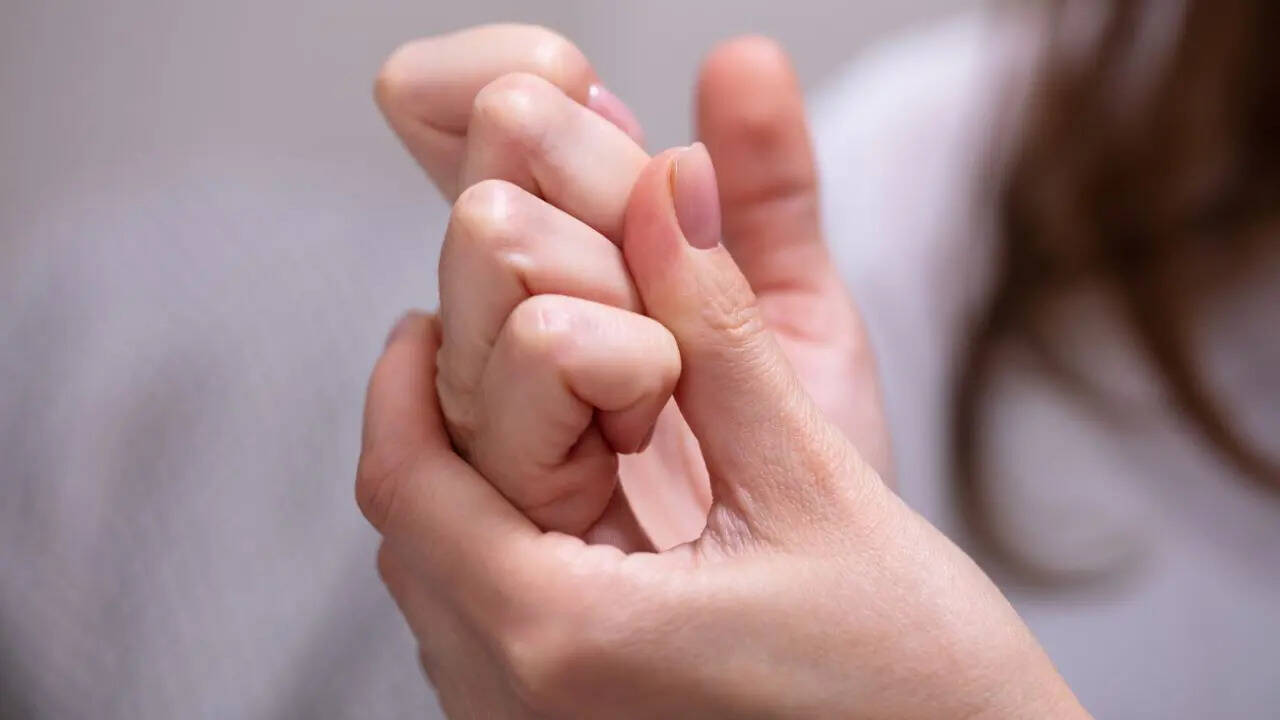Fact Check: Does Cracking Your Knuckles Every Day Damage Your Joints?

Credits: Canva
SummaryCracking your knuckles may make a satisfying pop, but does it actually cause arthritis? Experts explain if the habit is harmless, what happens inside your joints, and when cracking your knuckles could potentially lead to minor injuries.
End of Article
